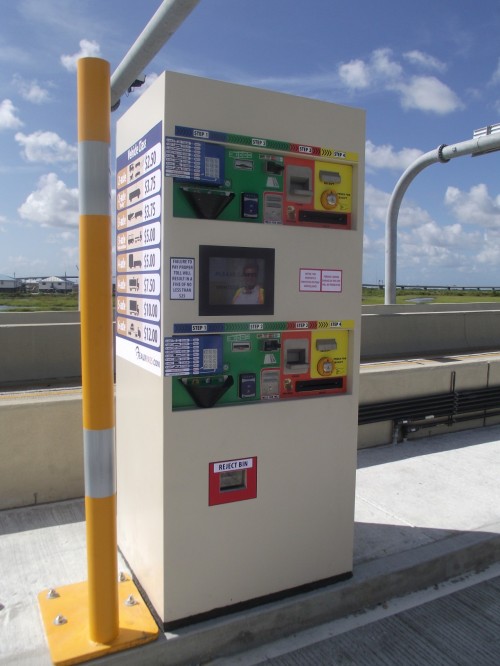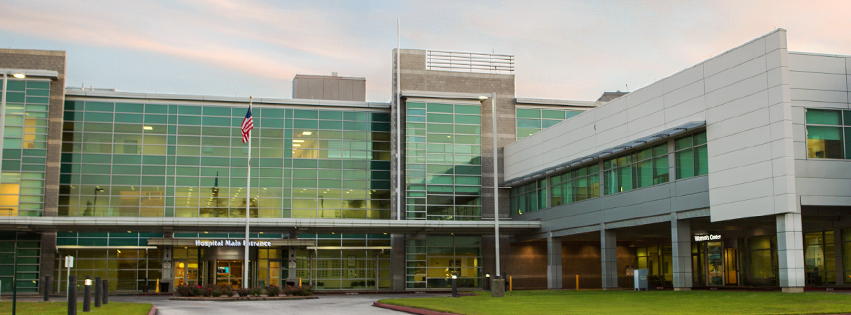
Black Friday options extended
November 20, 2012
Sandy delays toll machine delivery
November 20, 2012The Internal Revenue Service said not all promised tax deductable contributions are created equal – especially those that do not exist through fake organizations that scam consumers.
In turn, IRS officials have issued a consumer alert regarding scams taking place in the wake of Hurricane Sandy.
“Following major disasters, it’s common for scam artists to impersonate charities to get money or private information from well-intentioned taxpayers,” IRS spokesperson Dee Stepter said in an email statement. “Such fraudulent schemes may involve contact by telephone, social media, email or in-person solicitations.”
The IRS cautions hurricane victims and people wishing to make disaster-related charitable donations to avoid scam artists.
The tax collection agency said to help disaster victims, donate only to recognized charites and be wary of charities with names that are similar to familiar or nationally known organizations.
“Some phony charities use names or websites that sound or look like those of respected, legitimate organizations,” Stepter said. “The IRS website at IRS.gov has a search feature, Exempt Organizations Select Check, which allows people to find legitimate, qualified charities to which donations may be tax-deductible. Legitimate charities may also be found on the Federal Emergency Management Agency web site at fema.gov.
Contributors are also told to not give out personal financial information – such as Social Security numbers or credit card and bank account numbers and passwords – to anyone who solicits a contribution. Scam artists use this information to steal identities and money.
Never give or send cash, the IRS advises. For security and tax record purposes, contribute by check or credit card or another way that provides documentation of the gift.
Hurricane victims with specific questions about tax relief or disaster related tax issues may call (866) 562-5227.
Scam artists use a variety of tactics. Some scammers operating bogus charities may contact people by telephone to solicit money or financial information. They may even directly contact disaster victims and claim to be working for or on behalf of the IRS to help the victims file casualty loss claims and get tax refunds.
Taxpayers suspecting disaster-related frauds should visit IRS.gov and search for the keywords “Report Phishing.”
More information about tax scams and schemes may be found at IRS.gov using the keywords “scams” and “schemes.”








